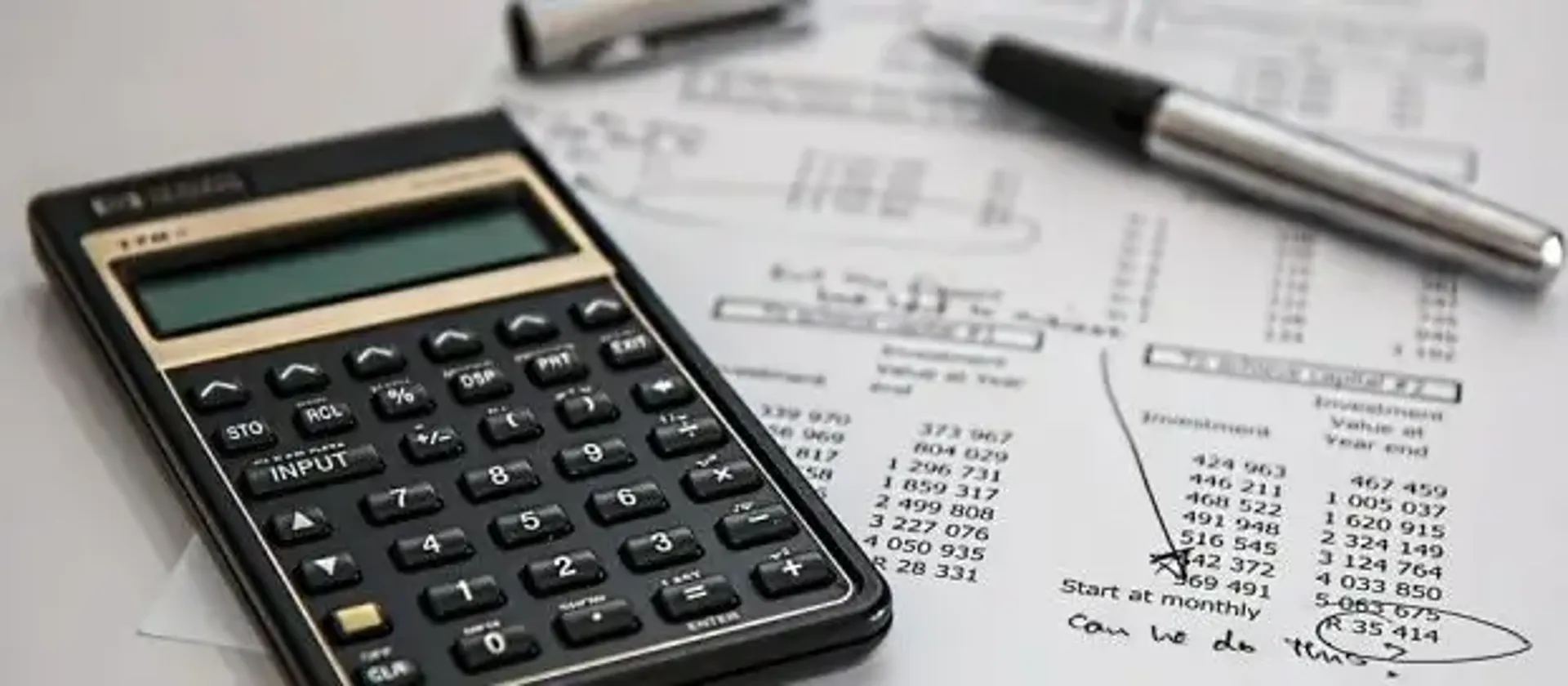27/03/2017

There are several things you should consider doing right now as the year-end approaches. For a small business, it can seem daunting, so use this checklist to make your life a little easier.
Check out your income statement to see your profitability
A useful way to see your profit and loss for the year is to go through your income statement. It lists each revenue-generating item, along with your tax-deductible expenses.
Add up your quarterly estimated tax payments for the year
Most small business owners pay quarterly estimated tax payments throughout the year. Keep track of what you've paid, as it will help you estimate what you'll have to pay after the end of the financial year.
Review insurance policies, cover and rates
It’s worth talking to your insurance company to see if they have any recommendations as well as other insurers, just in case you could get a better deal. Be sure you have all statutory and recommended insurance cover.
Arrange a meeting with your bookkeeper, accountant and/or financial advisor
It’s their busy time of year, so make sure you talk to them early and let them know all the tasks that you’d like them to carry out.
Get your expenses in order
Every pound you claim as a legitimate business expense is a pound off your company profits, and less profit means less Corporation Tax. So before the year-end, make sure you’ve claimed for each and every expense you can. If you’re not sure what you can claim and what you can’t, HMRC’s rule for expenses is pretty clear. They must be “wholly and exclusively” for business use, so if you bought something for your business – no matter what it is – you can probably claim it as an expense.
Round up those overdue invoices
Your year-end should be as accurate as possible, so turn debt collector a few weeks beforehand and chase up any unpaid invoices. This way you can record it properly, and reconcile your accounts in your accounting software, making sure they’re 100% accurate.
Collect paperwork
Before filing your year-end accounts, make sure you have records for everything.
This means getting statements of account from suppliers, bank and credit card statements plus records of any other income you have received.
If your company is VAT Registered (on either the Flat Rate or Standard scheme) you will most likely have a VAT Return due at the same time as your year-end. VAT returns aren’t often thought of as part of a year-end, but they usually coincide with one. So make sure you don’t forget to file your VAT, too.
Review your suppliers
It’s always a good idea to review your suppliers once a year to make sure you’re getting value for money. Why not do it at your year-end? This way you can ditch any overpriced or unneeded suppliers and start afresh in the new financial year!
The fuelGenie cards make life easier
fuelGenie cards do away with receipts, making it much easier to keep track of your fleet’s fuel spending over the financial year. Use your online fuel consumption data to manage your 2017-2018 fleet budget with fewer headaches, and in a less time-consuming way.
What do you think? Join in the discussion on LinkedIn and Twitter.


